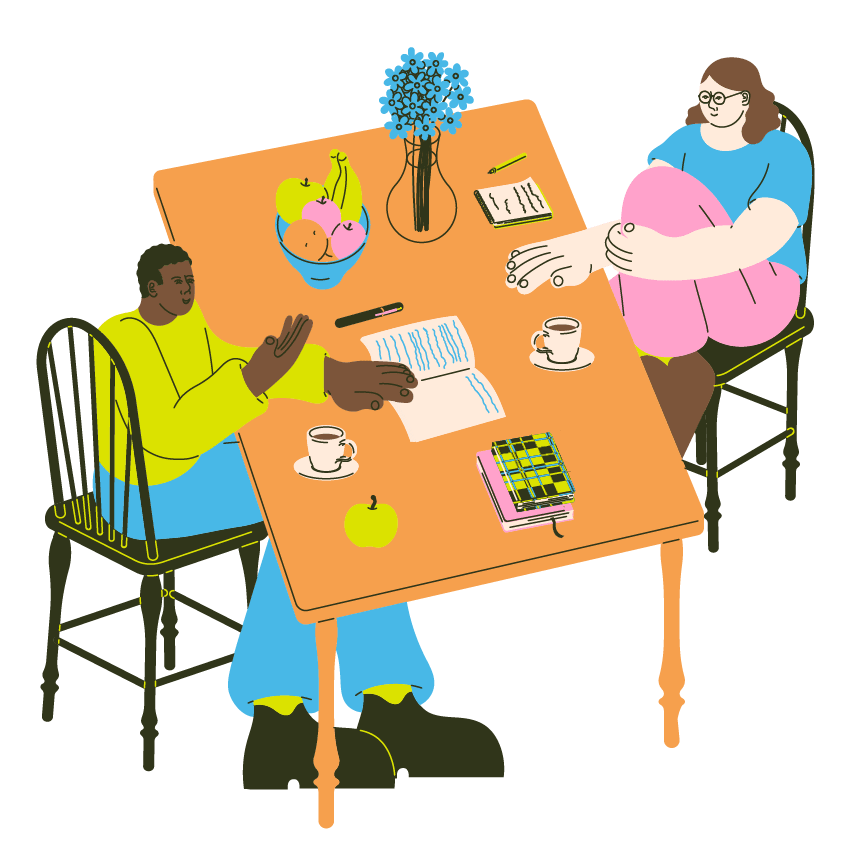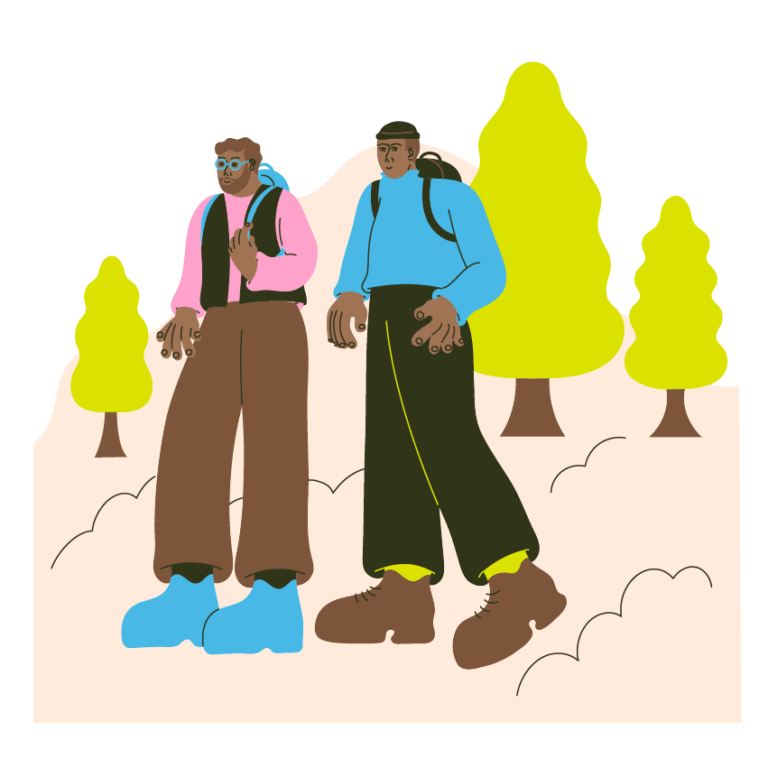Reflections
We believe there is a well of untapped talent within the student community that would be willing to offer help and support to fellow young people. We have had overwhelming success with our international students who can understand what it takes to settle into an unfamiliar environment. Learning from their peers, whilst settling into their accommodation, has proven to make the transition more positive. Through the process of group living, we would continue to support the beneficiaries of this project to have natural opportunities to converse in English daily, whilst meeting new people from out with their own first language community.
We would look to recruit a much larger pool of volunteers available to help with on one off tasks. An example of this would be volunteers helping young people to settle into their accommodation, show them where and how to use the on-site facilities and register for Wi-Fi. There would be more opportunities to attend workshops on specific items such as provisional driving license applications, Young Scot Card applications or bursary applications. Students will be more confident/knowledgeable in dealing with these tasks, working alongside support staff and the Young Asylum Seekers Children & Families Team to gain evidence to support applications. We worked with 37 young people over the term and with continued support, we feel we could reach more young people.
Through reflection with our key partners, Rock Trust would propose to provide an additional ‘outreach’ service which would support unaccompanied asylum-seeking young people living out with student accommodation. Volunteers will be involved in this aspect, supporting young people who may feel isolated, lonely or who are struggling with integration in their community.
We have created an evaluation video – this highlights the learning and successes of the project.





